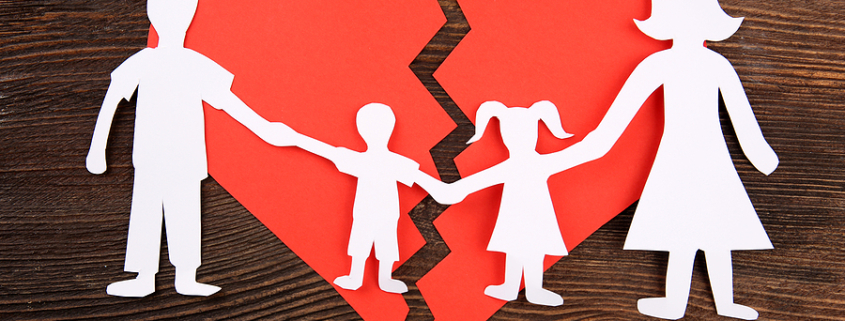How Child Custody Mediation Works
When a couple decides to separate, nothing is more important than coming together to determine what is in the best interests of their children. It is a difficult situation, as there may be anger and hurt on both sides. Still, a trained mediator can help ensure the best possible outcome for everyone involved, especially the children.
Parents can meet with a private mediator or one appointed by the court. A mediator is a neutral party who will listen to both parents, review different options, and come up with a solution on what is in the best safety and welfare of the children.
What to Expect During a Child Custody Mediation Session
A child custody mediation session is not the opportunity to place blame on the other parent. Instead, it’s essential to come into the session with an open mind and a willingness to listen. A mediation session is an opportunity to come together and decide upon the best co-parenting plan that will have minimal disruption in the child’s life.
There are three main goals of child custody mediation:
- Making a plan to co-parent that is in the best interest of the child
- Ensuring the plan allows the child to spend adequate time with both parents
- Helping both parents to learn effective ways to deal with hurt, anger, and resentment.
A child custody mediation session may last a few hours. It is important to get a good night’s rest the night before to ensure that you are focused and alert. Be prepared to discuss several options regarding your child’s schooling, activities, appointments, transportation, and other daily activities.
Is Child Custody Mediation Mandatory In California?
California family courts want the issue of child custody and visitation settled before any hearings take place. According to Family Code 3170 and 3175, family courts require meditation whenever there is a dispute, and it is mandatory before the parents appear before the judge for child custody rulings.
Is Child Custody Mediation Legally Binding?
A parenting plan can be resolved with either a private mediator or a court-appointed one. However, after the couple arrives at a solution, it goes before the judge. The judge will review and sign the agreement, thus, making it a legally binding document.
In the cases where parents can not come to a solution, the mediator will make a recommendation to the judge. The judge may agree or make some changes, but once the judge signs it, it is legally binding.
Get Help From An Attorney
A child custody mediation can be emotional, and you may be feeling stressed and confused. The attorneys at Lonich Patton Ehrlich Policastri can help you understand the process and what to expect. Our attorneys have years of experience helping parents through the mediation process and can provide you with the guidance you need to make the best decision for your family.
We offer free consultations so that you can get all of your questions answered before making a decision. Contact us today to learn more about how we can help you through this difficult time.




